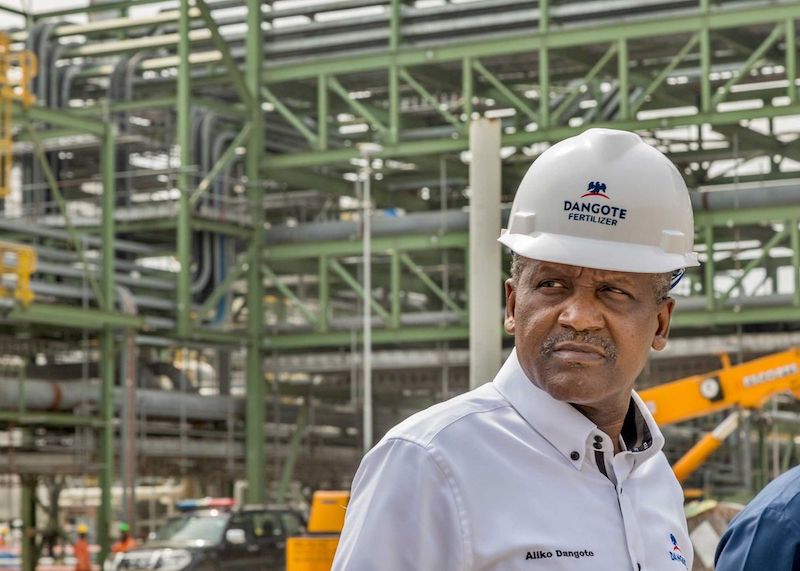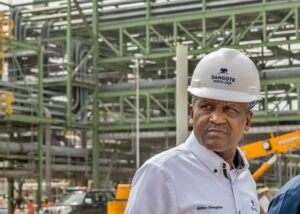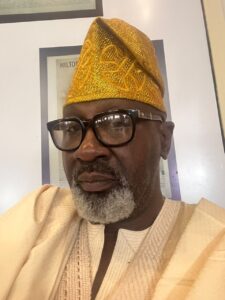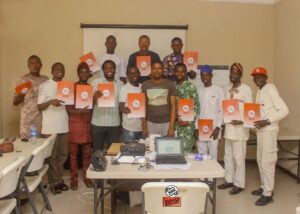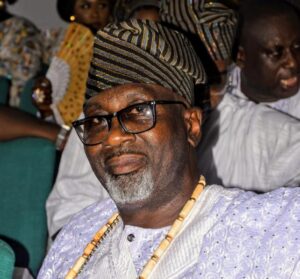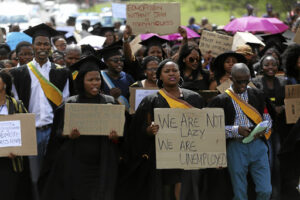FUEL PRICING IN NIGERIA: A Battle of Politics, Economics, and the Oil Mafia?
By Abayomi Odunowo
As we once again find ourselves caught in the whirlpool of fuel pricing chaos in Nigeria, it’s crucial to untangle the complexities of this ongoing issue. Is it merely a political gimmick, an economic challenge, or is it the work of a deep-rooted oil mafia? The truth might be more nuanced.
For decades now, we have been living under the shadow of fuel subsidies—an artificial cushion that has created a false economy. Nigeria has been subsidizing fuel prices for a staggering 40-50 years, inadvertently benefitting not just our citizens, but the criminal elements that thrive on this system. We have essentially become the fuel provider for large swathes of West and Central Africa, while we struggle to manage rampant smuggling and other illicit activities across our borders. This is a dangerous and unsustainable situationA critical point to consider is the recent developments in the oil sector. Remember when the Dangote Refinery announced that it would begin sourcing crude oil locally starting October 1? While this is a step in the right direction, it also brings its fears. The crude stocks currently held by Dangote were imported, and as we speak, price determinants are in flux. Just last month, fuel transactions were conducted in dollars due to the pressing scarcity we face. This is an alarming reality that reflects the larger issue of Nigeria’s dependency on foreign currency for basic goods. Right now, only the NNPCL seems equipped to manage oil supply because many local marketers overspent importing fuel with dollars. The result? A market fraught with storage and financial difficulties.
Further complicating matters, the current supply of 25 million litres per day leaves us with a noticeable shortfall of approximately 15 million litres, which still needs to be imported as Dangote Refinery scales up its production capabilities. In a nutshell, fuel pricing trends reflect international dynamics unless they are subsidized.
However, in a bold move, President Tinubu’s decision to authorize naira payments for crude oil transactions could significantly change the game. There are risks, but it’s a masterstroke aimed at bringing prices down and curbing corrupt practices that have long plagued the oil and gas sector. This could be a crucial shift in the fight against the entrenched oil mafia.
It’s essential to keep in mind that decades of our crude oil production have been leveraged for international loans, thanks to the policies of past administrations. However, there’s good news on the horizon: the debilitating fear of scarcity is set to dissipate in the coming months. Still, we must brace ourselves for fluctuating fuel prices as we grapple with the global economy. Nigeria remains a mono-economy; thus, diversifying into non-oil sectors is vital for long-term stability. If we can channel resources into education, healthcare, and business—areas that the government is currently targeting—we stand a chance at more sustainable growth.
Yet, these are not easy decisions. Our nation is laden with heavy debts that must be honored. Continuing to generate revenue is critical for governance, and President Tinubu has made commendable strides in reducing debt servicing from 97% to 68% of our revenue in just a year. This is no small feat—but it speaks to the immense financial challenges we still face.
Let’s not ignore the market dynamics, either. International refineries aren’t exactly thrilled about the emergence of Dangote Refinery, which poses a direct threat to their monopolistic hold on the import business. It’s vital that we recognize Dangote Refinery as a strategic national asset that requires robust protection. I urge the president to ensure the military and security agencies provide necessary covering for this facility—the risks of sabotage loom large, and the fallout would spell disaster for our economy.
So, amidst the noise and confusion, I encourage all Nigerians to remain patient and understanding as we navigate this complex landscape. There will be challenges ahead, but collectively, we can pave the way for a more stable future.
Let’s hope for a brighter and more stable Nigeria in the months to come. 🙏
Otunba Abdulfalil Abayomi Odunowo
National Chairman AATSG
Mobile: +2349053535322.
#FuelPricing #Nigeria #OilMafia #EconomicStability #DangoteRefinery #Leadership #HopeForNigeria #InfrastructureProtection #OilAndGasIndustry #Accountability

